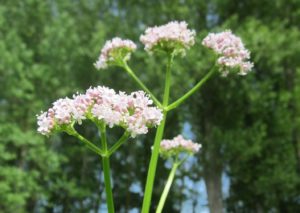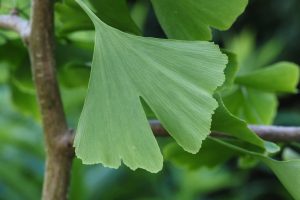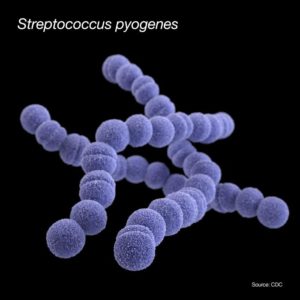Natural Approaches for Alcoholism Treatment
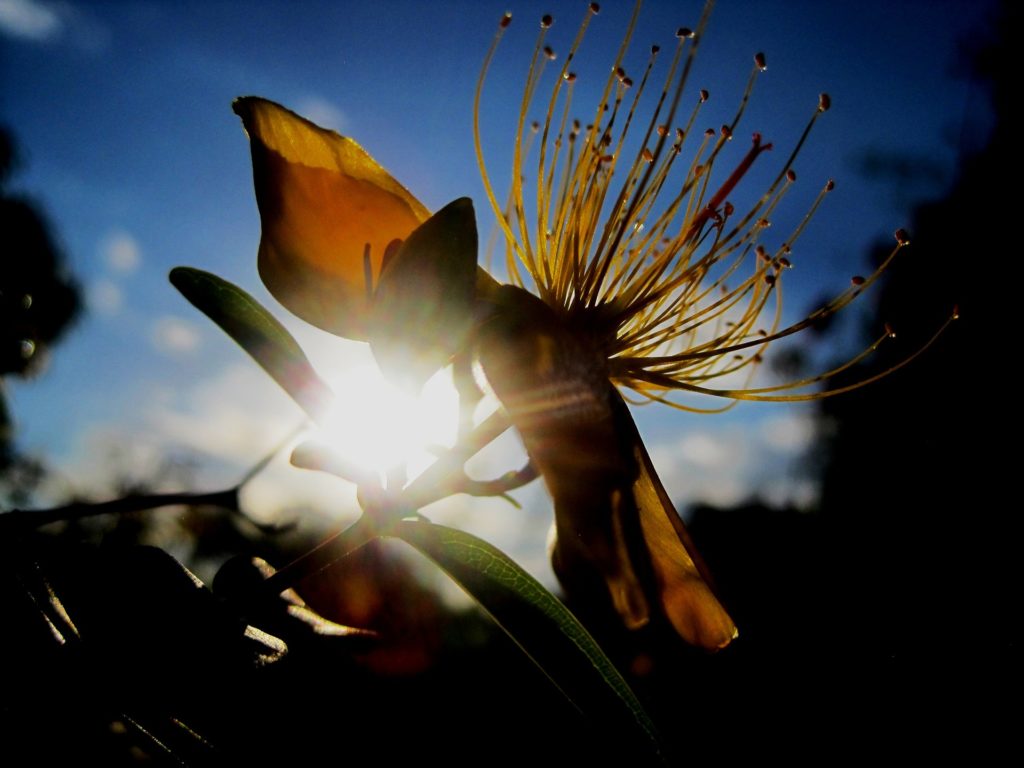
Problems with alcohol dependence and binge drinking are common. In the United States, in 2018 over a quarter of people described binging on alcohol in the past month. 7.6% of men and 4.1% of women have alcohol use disorder (AUD). AUD is defined as being unable to stop drinking even though it is having a significant adverse impact on your life (NIAAA 2020).
Around 93,000 people die every year from alcohol use (CDC 2020). In 2010, the economic impact of alcohol misuse was calculated at $249 billion dollars (Sacks 2015). It’s estimated that 10% of children have a parent with alcohol related problems (SAMHSA 2012).
Current treatments for alcoholism are not well researched and most outcomes show modest efficacy at best (Magill 2019). It’s also difficult to research efficacy due to reporting errors, drop-out rates, and costs of in-patient or out-patient treatments.
Having worked in mental health and addiction, I recognize the challenges. And to be clear, I am not claiming that any of the following treatments will, in and of themselves, treat or cure alcoholism. However, there is research on several natural treatments that show interesting potential treatment effects. In reality, we need more options since so many people struggle with addiction. Some of the following therapies show preliminary evidence for benefits.
Potential Natural Treatments for alcoholism:
- N-acetylcysteine (NAC)
- Kudzu (Pueraria species)
- St. John’s Wort (Hypericum perforatum)
- Dan Shen (Salvia miltiorrhiza)
N-Acetylcysteine
The compound N-acetylcysteine (NAC) is an amino acid combined with acetic acid (vinegar). NAC is a precursor to glutathione, one of the main components of the body’s antioxidant defenses. Research shows potential benefits for numerous health conditions, including addictions.
Evidence suggests that excessive alcohol intake causes brain inflammation which can encourage further alcohol consumption. Animal studies appear to show that NAC decreases the free radical damage and inflammation associated with excess alcohol intake. In a rat model of alcoholism, rats given NAC decreased drinking by more than 50%. NAC also appears to affect specific receptors in the brain that may help prevent relapse (Israel 2019). In addition, NAC appears to prevent stressful events from triggering drug or alcohol seeking behaviors (Garcia-Keller 2020).
In human trials, NAC was shown to inhibit craving and use of cannabis more effectively than medication or standard treatment alone (Narasimha 2019). While cannabis is obviously not alcohol, mechanisms of addiction are similar across drugs of abuse and may yield similar benefits.
Further evidence seems to confirm the effects of reducing alcohol intake with NAC. A study evaluating alcohol use in patients with cannabis use disorder showed significant declines in alcohol consumption. With NAC, patients increased the number of weeks abstinent, decreased their number of drinking days and drinks per day. Overall, alcohol consumption was reduced approximately 30% in those taking NAC (Squeglia 2018).
Kudzu
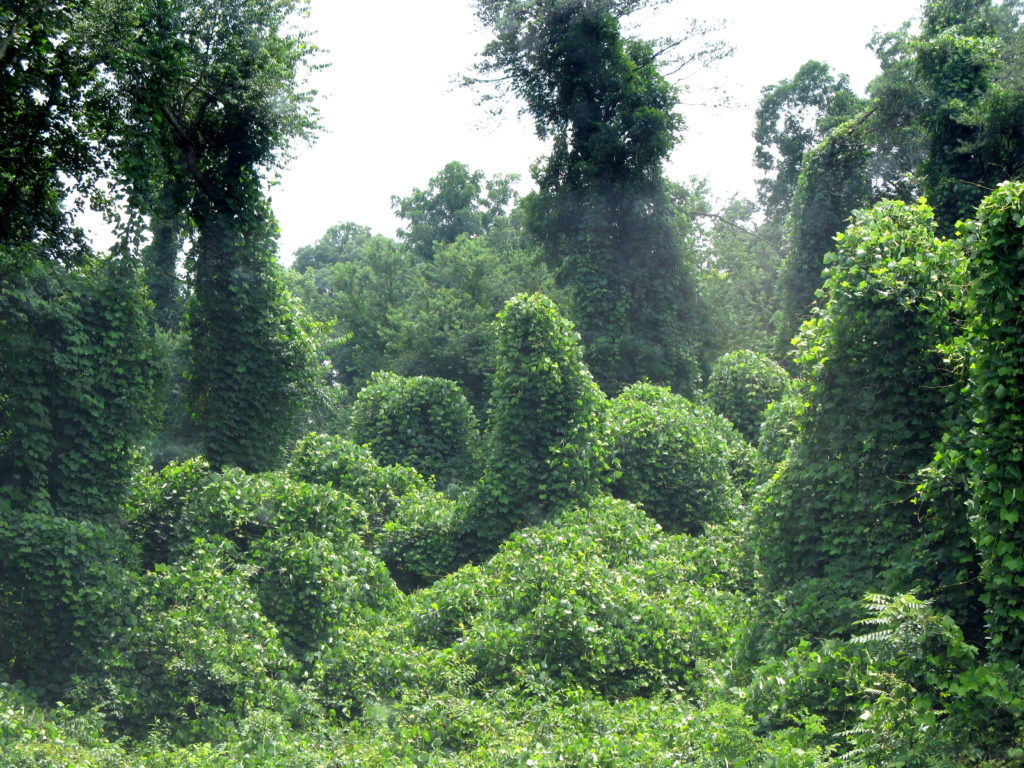
Kudzu is an invasive species from Asia known to decimate local plant populations. Kudzu vines grow so quickly they often choke out and kill native plant species. While there are concerns for controlling it’s growth in the United States, the plant has a long history of use in Chinese herbal medicine, including for the treatment of alcoholism. More recently, research is starting to document potential benefits for kudzu as well.
Animal studies show that kudzu may block some of the acute effects of alcohol on the brain (Shen 1996). Animal models also show consistent reductions in alcohol consumption with the its use (Keung 2003, Zhang 2010). While there are three clinical trials published on kudzu for alcoholism, one study found no benefit, although likely due to study limitations.
The first study exploring kudzu for maintaining abstinence in alcoholics purported to show no benefits. However, they had 10 placebo patients drop out of the study (possibly due to alcohol use). The remaining patients on either placebo or kudzu were mostly abstinent over the trial period of one month (Shebek 2000). Since drinking was so limited in all of the remaining subjects, drawing any firm conclusions is difficult. The conclusion that kudzu is ineffective based on this pilot study, would be at best, premature.
A second study explored kudzu in heavy drinkers. Patients given kudzu were found to decrease their alcohol intake. Interestingly, those on kudzu took smaller sips of alcohol and took longer to finish a drink (Lukas 2005). A followup study by the same research group showed that young heavy drinkers that were not trying to stop drinking reduced alcohol consumption by 34-57% with kudzu (Lukas 2013).
St. John’s Wort
St. John’s wort has been well studied for treating depression. Based on the latest evidence, St. John’s wort appears as effective as standard antidepressant medication (Ng 2017). While depression and addiction are known to run together, preliminary animal research is starting to suggest St. John’s wort may also have direct benefits for treating alcoholism.
Constituents of St. John’s wort have been shown to block certain receptors in the brain and provide neuroprotective effects, both of which may help in relapse prevention (Kumar 2006). In rats addicted to alcohol, daily injections of St. John’s wort showed very significant reductions in alcohol consumption over the course of the study (Perfumi 2005). A similar animal study also showed reductions in alcohol with St. John’s wort (De vry 1999).
An older study out of Russia investigated using St. John’s wort for treating chronic alcoholics with peptic ulcers and gastritis (Krylov 1993). While the study abstract claimed the treatment to be effective, I was unable to find the article online to verify the results.
It is worth noting that St. John’s wort can cause significant sun sensitivity. In a subset of patients, they may notice burning, tingling or other irritation with sun exposure that can be problematic. In patients experiencing sun sensitivity, it’s wise to discontinue the herb.
Dan Shen
Commonly known as a Red Sage, dan shen is a Chinese herb used to support heart health. From a Chinese medicine perspective, dan shen is known to calm the shen, roughly translated as “calming the spirit.”
While research into its use for alcoholism is limited to animal trials, the initial data suggests benefits. Studies in rats show reduction in the development of dependence on alcohol with dan shen (Brunnetti 2003). It also reduces alcohol consumption and relapse drinking (Colombo 1999, Serra 2003). Further animal research showed that dan shen appears to disrupt motivation and reinforcing mechanisms of alcohol consumption (Maccioni 2014).
While we need human trials, the animal data still suggests that dan shen may help some individuals struggling with alcoholism.
Conclusions
Alcoholism takes a terrible toll on people struggling with the addiction. Standard treatment approaches aren’t always effective and additional supporting treatments would be of significant benefit. While none of the herbs outlined above are well-researched for their benefits in alcoholism, the data available suggests potential benefits with minimal side effects. Hopefully, more research will continue to expand our options for helping treat individuals with alcoholism and other addictions.

